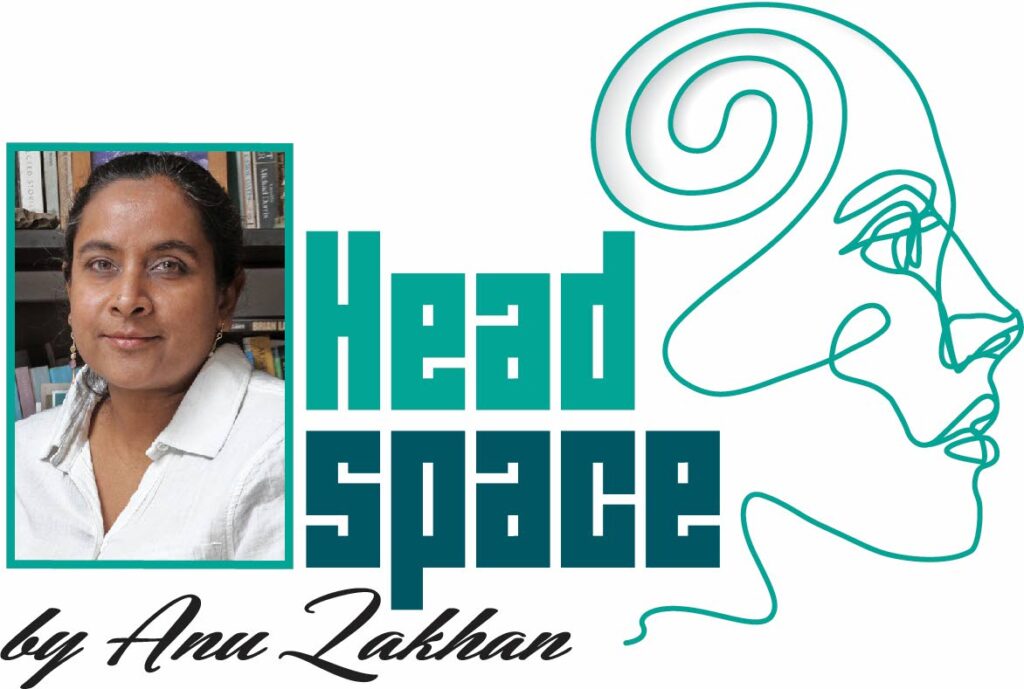Hosay, I’m sorry

This year’s Hosay, like far too many things dear to me, is now past tense. In two of the ways you can interpret those words.
Now – non sequitur – I like to think I have an excellent relationship with the protective services of Trinidad and Tobago.
But the police and Hosay is something else. I don’t know what the police have with Hosay.
The Hosay massacre of 1884, was, not to be indelicate, in 1884. It was 140 years ago. Led by infamous drum-nemesis Capt Arthur Baker, who also ran roughshod over the Canboulay celebrations for years, the 1884 Hosay trampling may have been foreseeable if you were around then.
But now? I feel myself on the cusp of writing the opening lines for the kind of West Indian novel that was written 50 years ago. At once a simpler and more complex time of an “us” and “them,” when we, as a people were in a weird place.
We thought we knew what and to whom those words applied while we were dreaming the dream that they did not apply at all. But in writing the books, the authors were in fact doing some of that working out and untangling.
In the books of yore, writers told stories about brutal and brutish colonial police forces whose main mission was to ensure that we black and brown savages stopped banging drums and waving sticks all about the place.
The Hosay of today still has drums (though fewer than I’d like) but the only sticks that were not for beating drums were long poles for lifting tree branches and the odd low-hanging wire, the better to roll the tadjahs unmolested through the streets.
Now we come to the real matter and my small police problem: road, rules, respect. Road rules and respect for them. Road rules that make sense and show respect.
So again I say: What it is police have with Hosay?
Last year my lament was the unseemly herding of tadjahs, tassa, moons and followers off the streets scarcely grazing 6 pm on Ashura, the last day of the Hosay observances. And herding is the most understated term I can use.
There was none of that this year, but there was something more pervasive and drawn-out. The police presence was as heavy as it was inexplicable.
The police vehicles were out in impressive force. The next time you call the police to report a crime and they say they can’t come because they don’t have a vehicle, tell them you know where to get one: they’re all in St James awaiting word of a surprise Hosay.
Why so many police cars and SUVs? Why so many officers with nothing to do but drive from St James to St Clair and back? Why were they so keen to drive through the procession the roadblocks were preventing others from accessing? Back and forth, back and forth.
I saw a police car drive much too close to one of the moons. Not knock-down close. But when you think about the concentration involved in dancing the moon, it could have been throw-you-off-balance close.
All day there was this weaving in and out of the procession. Is there something I don’t know? Are all the gangs of the country having meetings in the side streets of St James during Hosay? Is there a great money-laundering scheme by snow cone vendors? Was there a planned uprising because neither windmill nor jalebi was on sale?
I rather hope it’s one of those things and not what it looks like. Because what it looks like, plain and simple, is a lack of respect and a bold determination to show who’s in charge.
No care for the solemnity of the observance. No thought spared for the people for whom this means something. A humble lifelong sidewalk observer. Someone who built one of the now rain-soaked tadjahs.
Early in the day, when I was just asking questions, before I was actually vex, I was trying to get a clear answer about a particular traffic matter. To my question about why some vehicles were allowed to turn on to the procession route, the officer answered: “We can’t stop people from driving here so that you can pass.”
The streets should have felt sacrosanct. I didn’t feel like that’s how it played out. But I’m me. And I speak for no one but me.
That “we can’t” and “so that you can” gave me a bad feeling. And that stayed all day.
The police didn’t stop Hosay at 6 pm, I’ll say that. But I’m not sure what that says, if anything.
Anu Lakhan suggests: For an excellent overview of Hosay in Trinidad, see Gabrielle Hosein’s column Hosay – A uniquely Trinidadian experience, in Newsday of July 17 and at https://newsday.co.tt/2024/07/17/hosay-a-uniquely-trinidadian-experience/


Comments
"Hosay, I’m sorry"